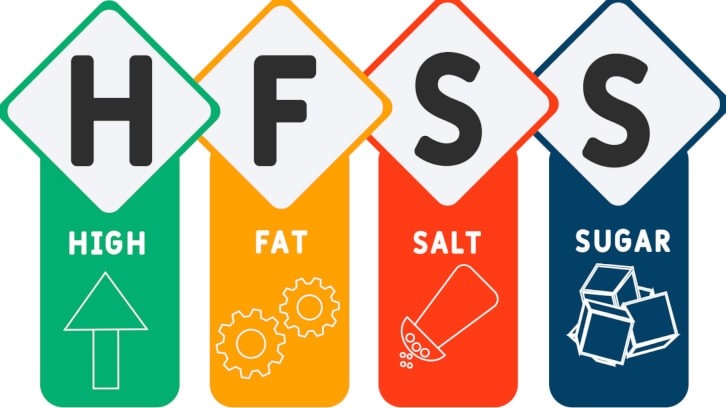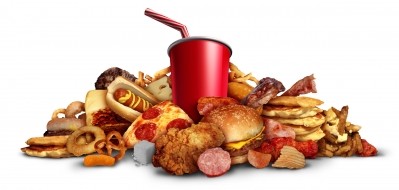Short read
Navigating the next stage of HFSS

With less than 18 months to go before the introduction of new promotional restrictions on high fat, salt and sugar (HFSS) products, many food businesses need to take steps to prepare for the inevitable changes they will have to make to their marketing campaigns.
The current restrictions, which have applied since October 2022, prevent HFSS products from appearing in prominent in-store or online locations, such as at the supermarket checkout or on the homepage of their websites. From October 2025 in England, these restrictions will extend to in-store and online volume promotions (e.g. 'buy one get one free’, or ‘2 for £6’), and free refill offers available in the out of home sector.
The new advertising regulations will come into force throughout the UK from October 2025 and are part of a bid to reduce obesity-related health issues and help create a healthier society. They will be enforced by the Advertising Standards Authority (ASA) and will ban HFSS products from being advertised on TV before 9pm and in paid-for online advertisements.
This will have a significant impact on many food and drink manufacturers and retailers, and the food service industry, who may find themselves with fewer avenues to promote their products. This could directly affect sales and cause a loss of revenue stemming from restricted advertising opportunities and promotional tactics.
What are HFSS products?
Food and drink products are rated individually and given a score based on the UK Nutrient Profiling Model, attributing points for energy content, saturated fat, sugar and sodium, protein, fibre, fruit, vegetables and nuts, which are combined to give a final result.
Foods that score four or more, and drinks that score one or more are categorised as HFSS, and brands are responsible for passing on this information accurately to retailers.
What will companies need to do to stay compliant?
In the immediate term, businesses are faced with the challenge of adjusting their advertising strategies to align with the new regulations. They must navigate the fine line between maintaining visibility and staying within the confines of the legislation. This will require careful planning and resource allocation.
However, looking further ahead, consumer behaviour will likely shift in response to the changes, therefore businesses will need to adjust their products to align with the evolving trends and demands of the market..
Understanding and anticipating these changes will be crucial for businesses to remain competitive in an increasingly regulated landscape.
Failure to navigate these changes could result in revenue loss and reduced market presence. By partnering with a specialists like Campden BRI, businesses will be able to much more confidently navigate the complexities of HFSS regulations and position themselves for success.
















